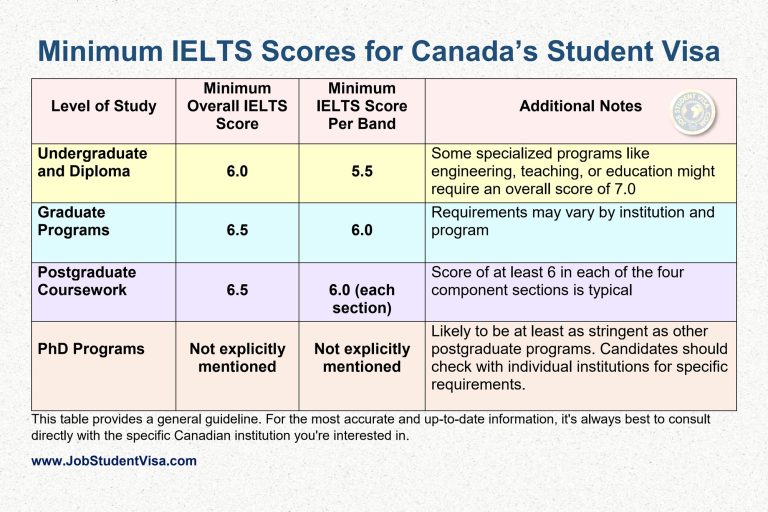Student Visa Requirements for Japan
Unlocking the Gateway to Academia: Navigating the 2023 Visa Requirements for International Students in Japan
In 2023, Japan has emerged as a beacon for international students seeking academic excellence, offering a blend of rich cultural heritage and cutting-edge technology. However, navigating the labyrinth of visa requirements remains a formidable challenge. This guide aims to demystify the process, offering a comprehensive overview of the latest visa regulations and practical advice to facilitate a smooth journey into Japanese academia.
Visa Requirements for International Students in Japan
Understanding the 2023 Visa Landscape
The Japanese government, recognizing the valuable contribution of international students, has continually refined its visa policies. In 2023, these policies reflect a balance between accessibility and regulation, ensuring a streamlined process while maintaining necessary checks.
Understanding the 2023 Visa Landscape
In the wake of a rapidly globalizing world, Japan’s visa policies for 2023 have been carefully sculpted to attract international scholars while ensuring a secure and orderly process.
Key Updates for 2023:
- Eligibility Expansion: The Japanese government has extended its arms wider, including more academic programs and institutions under the eligibility umbrella. This expansion means that students with diverse academic interests and backgrounds have greater opportunities to study in Japan.
- Simplified Documentation: Responding to long-standing feedback, the bureaucracy associated with visa applications has been noticeably reduced. This change includes fewer requirements for financial proof and a more straightforward process for proving academic credentials.
- COVID-19 Considerations: Acknowledging the ongoing global health scenario, Japan has revised its entry requirements. This includes updated vaccination mandates, potentially shortened quarantine periods for fully vaccinated individuals, and specific guidelines for students coming from regions with high infection rates.
Step-by-Step Guide to Applying
- Securing University Admission: The foremost step involves gaining admission into a Japanese educational institution. This process varies depending on the university and course but often involves rigorous academic scrutiny, language proficiency tests (like JLPT for Japanese courses), and sometimes, interviews or special entrance exams.
- Gathering Required Documents: Assembling the necessary paperwork is critical. This typically includes detailed financial statements to prove the ability to cover tuition and living expenses, a valid health insurance plan covering the duration of stay in Japan, and a comprehensive medical check-up report.
- Application Submission: Submitting the visa application must be done through official channels – either a Japanese embassy or consulate. The process is often expedited for students by applying for a ‘Certificate of Eligibility’ through their chosen educational institution, which demonstrates their acceptance and readiness to study in Japan.
- Interview and Biometrics: The interview process aims to verify the authenticity of the application and assess the applicant’s intent. Biometric data collection, such as fingerprints and photographs, is a standard security procedure for most countries, including Japan.
- Visa Issuance and Post-Arrival Registration: Once the visa is granted, it’s not the end of the journey. Upon arrival in Japan, students are required to register their address at the local municipal office, a crucial step for obtaining a Residence Card, which is essential for daily life in Japan, including opening a bank account and enrolling in health services.
Tips for a Seamless Experience
- Early Preparation: Navigating the visa process smoothly often hinges on how early one starts preparing. Gathering documents, understanding the requirements, and preparing for potential interviews can take time.
- Stay Informed: Keeping abreast of the latest updates from official sources like the Japanese Embassy or Consulate in your country, or the university you are applying to, is crucial. Visa policies and health guidelines can change, and staying informed ensures compliance and readiness.
- Cultural Sensitivity: Understanding and respecting Japanese culture and social norms can significantly enhance the study abroad experience. This includes basic language skills, understanding etiquette in public spaces, and being aware of cultural nuances in academic settings.
Conclusion
Embarking on an academic journey in Japan in 2023 promises to be an enriching experience, blending rigorous education with cultural immersion. The visa process, though intricate, can be navigated successfully with thorough preparation and a keen understanding of the requirements. This guide serves as a roadmap for aspiring international students, leading them through the complexities of the visa process towards a fulfilling academic and cultural journey in Japan.






